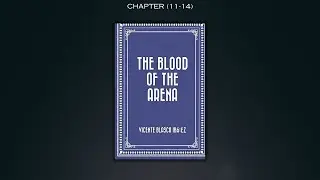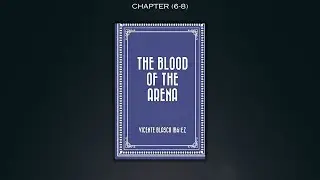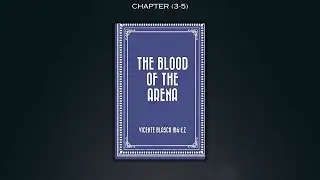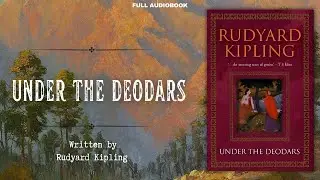Under the Deodars | Rudyard Kipling | Full Audiobook
Title: Under the Deodars
Author: Rudyard Kipling
Genre: Short Story Collection (with elements of Drama, Psychological Fiction)
Published: January 1889
Awards: "Under the Deodars" itself did not win any major awards. However, Rudyard Kipling received the Nobel Prize in Literature in 1907.
Timestamps (Stories):
0:00 - Intro
0:11 - 1. The Education of Otis Yeere
52:59 - 2. At the Pit's Mouth
1:07:07 - 3. A Wayside Comedy
1:34:30 - 4. The Hill of Illusion
2:00:22 - 5. A Second-rate Woman
2:45:13 - 6. Only a Subaltern
3:18:36 - 7. In the Matter of a Private
3:41:31 - 8. The Enlightenments of Pagett, M. P.
'Under the Deodars' is a collection of short stories by Rudyard Kipling. Published in 1889, it explores the lives of British colonists in India, particularly in the hill station of Simla.
Setting:
British Colonial India: The stories take place primarily in Simla, a hill station in the Himalayas that served as a summer retreat for British colonists during the Raj.
Contrasting Environments: Kipling portrays both the idyllic, picturesque aspects of Simla, with its cool mountain air and scenic beauty, and the more cramped and chaotic atmosphere of the plains of India.
Social Spaces: The stories delve into the social circles of the British colonists, including clubs, military stations, and private bungalows. These settings highlight the social hierarchy and the isolation experienced by some characters.
The Natural World: The natural world plays a significant role, with the Himalayas providing a backdrop for both beauty and danger. In some stories, nature acts as a symbol or foreshadows events.
Themes:
Colonialism and its Discontents: The collection portrays the complex dynamics of British rule in India. It explores themes of cultural clash, power imbalances, and the psychological effects of colonialism on both the colonizers and the colonized.
Love and Loss: Many stories grapple with themes of love, betrayal, and loss. Characters navigate forbidden relationships, loneliness, and the harsh realities of life in a foreign land.
Deception and Appearances: Kipling explores the gap between appearances and reality. The seemingly idyllic life of the British colonists often masks hidden desires, societal pressures, and moral ambiguity.
The Human Condition: The collection delves into universal themes of the human condition, such as isolation, mortality, and the search for connection.
Teachings:
Historical Context: Understanding the British Raj and its impact on India is crucial for appreciating the stories. Discussions about colonialism, cultural encounters, and power dynamics can be sparked.
Characterization: The characters' motivations and actions can be analyzed. Students can explore how characters grapple with social expectations, isolation, and cultural differences.
Symbolism: The natural world, specific objects, and recurring motifs can be discussed to understand their deeper meaning and how they contribute to the themes.
Moral Dilemmas: Many stories present moral dilemmas. Students can debate the characters' choices and the consequences of their actions.
The collection can be a springboard for discussions about cultural sensitivity, postcolonial literature, and the ethics of representation. By pairing it with other works set in colonial India, students can gain a more nuanced understanding of the period.
#Under_the_Deodars
Rudyard_Kipling
#rudyardkipling
#audiobook
#pustok_kit































